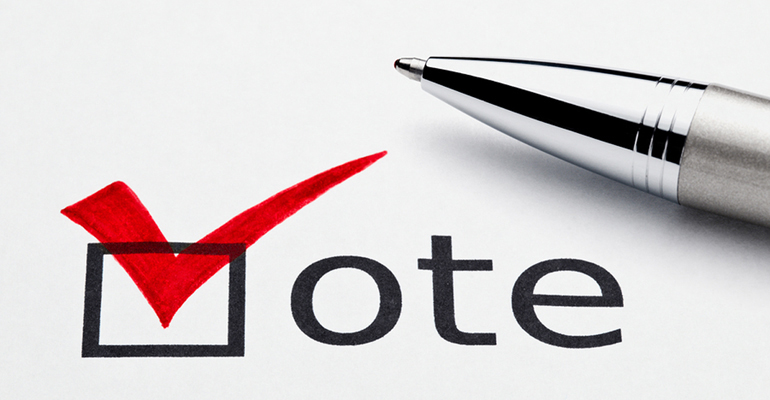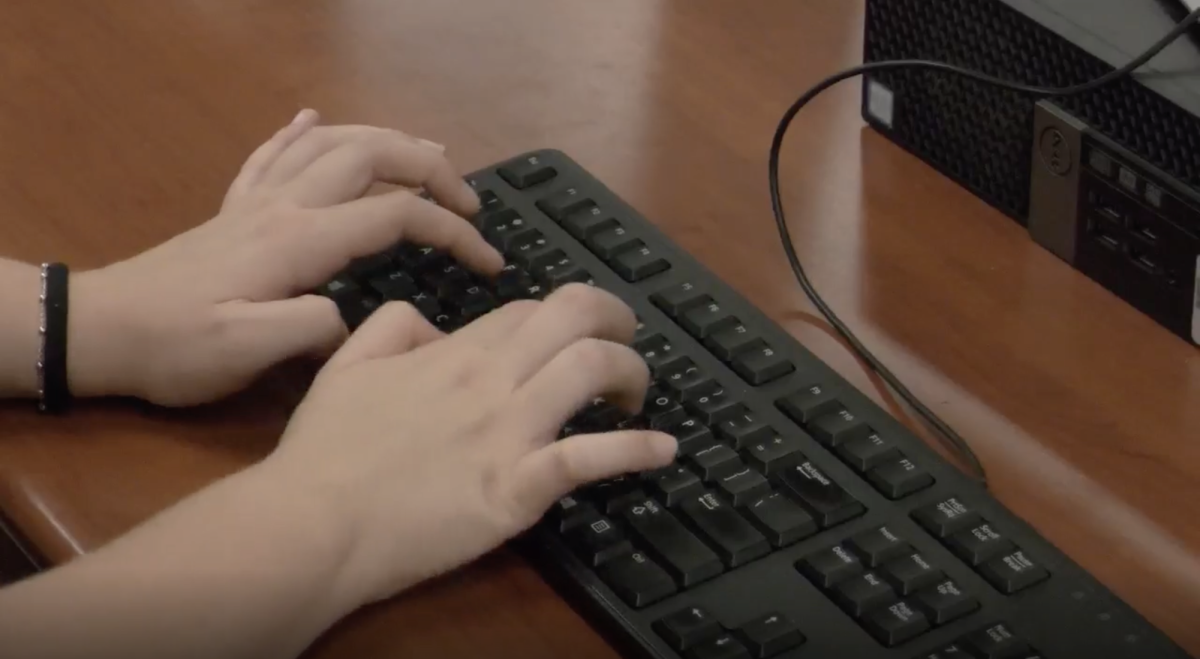According to the Washington Post, a recent study suggested that people who are not citizens could affect the senatorial elections in November by saving Democrats in close elections.
As of Oct. 28, the Republicans are expected to have a net gain of six seats, Independents are expected to gain one seat and the Democrats expect to have a net loss of seven seats in the Senate in the upcoming election cycle, according to ElectionProjection.com, a website that compiles polls and shows the current election landscape.
Republicans expect to gain seats in Louisiana, Arkansas, Colorado, Montana, Iowa, South Dakota and West Virginia, with Independents currently having a marginal lead in Kansas.
According to this study in the Washington Post, however, if enough non-citizens vote, the expected Republican win could be null, and Democrats could keep their Senate majority.
While most non-citizens do not register to vote, enough do that their numbers could swing the results in a close race, according to the study.
Using data from the Cooperative Congressional Election Study (CCES), the study concluded that 6.4 percent of non-citizens voted in 2008 and 2.2 percent voted in 2010. These votes highly favor Democrats, with Obama receiving more than 80 percent of non-citizen votes in 2008.
“With the president’s approval rating plummeting, the non-citizen favor for Democrats may lessen, thus minimizing their own impact on the election’s results,” said Nathan Barron, a freshman political science major in the Honors College.
The study asserts that non-citizens could have given the Democrats the ability to push through filibusters during the first two years of the Obama administration. Al Franken (D-Minn.) won by 312 votes. Less than 1 percent of non-citizens voting could account for his win, according to the study.
“It is important to note that the toss-up Senate races are in states with non-citizen populations below the national average. To me, it is inconceivable to suggest that the non-citizen vote will be a deciding factor of the Senate majority,” Barron said.
Voting ID laws do not appear to curtail the non-citizens from voting, according to the study. About three out of four non-citizens who were asked to provide a photo ID were able to vote afterward.
“States must combat illegal voting to ensure the integrity of republican democracy,” Barron said. “Voter IDs are effective in ensuring an election’s legitimacy as long as special precautions are taken to ensure free, equal and open access to voting rights and a government-issued voting ID.”
Some argue that voter ID laws are necessary because of rampant voter fraud. “I do not see the big deal with opposition to voter ID laws,” said Heather Burg, a senior interdisciplinary studies major.
Burg said they do not take away anyone’s rights and there are many times when photo IDs are necessary to daily living.
The researchers concede that there are limitations to their study. First, the sample size of the non-citizen population is small, and small samples are not always an accurate representation of a population.
Second, some people reported as citizens may be non-citizens and vice versa. Third, verifying that non-citizens actually did vote was not always conclusive. Fourth, the extrapolated numbers they used were uncertain at best.
“Non-citizens voting and non-citizens deciding elections are two completely different ideas,” Barron said. “Do some non-citizens vote? Yes. However, presidential election turnouts have little correlation with midterm congressional and senatorial turnouts.”
The study emphasized that their research does not say the United States should extend voting rights to non-citizens or that more effective restrictive policies should be placed on non-citizens voting, but that the topic should be discussed further.






























